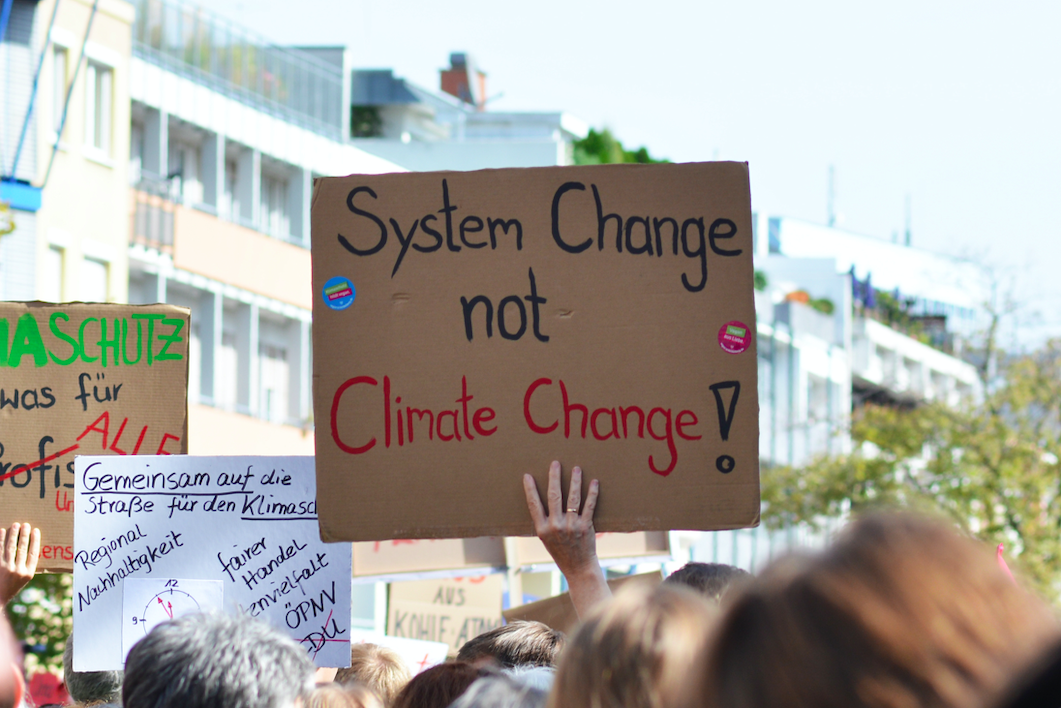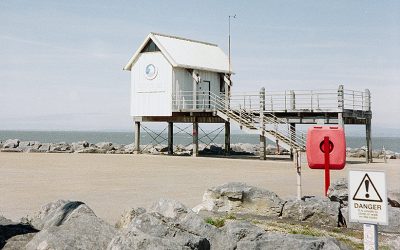The movement of people, materials, information and capital pose the greatest carbon challenge but hold the greatest promise for avoiding catastrophic climate change.
This will be the key focus for Lancaster University’s internationally renowned Centre for Mobilities Research (CeMoRe), established in 2003, which, this month, embarks on a new five-year programme of activities to address the climate emergency.
The Centre will explore alternative societies based on transformed patterns, scales, frequencies and modes of movement, and work with the people who will be part of these transformed worlds, ensuring a sensitivity to everyday life, inequality and justice.
This new focus for the Centre coincides with the appointment of Dr Nicola Spurling (Sociology) as its new Director.
Building on the work of Lancaster University’s Professor Monika Buscher and the late Professor John Urry, Dr Spurling is keen to ensure that CeMoRe maintains its international reputation as the ‘home’ of mobilities scholarship but with the added impetus of helping to bring about the societal changes necessary for positive change to high carbon ways of life.
“Mobilities scholarship has already made major contributions – theoretical, methodological and practical – to issues of climate change, but this has only scratched the surface of what is possible,” said Dr Spurling.
“This five-year programme represents a renewed ambition to extend and develop mobilities scholarship from across the humanities and social sciences and intervene in this ever-more pressing global challenge and how it is tackled.
“As the world leader in mobilities scholarship across an ever-increasing range of disciplines – including Arts and Humanities, Management Studies, Health and Medicine as well as the Social Sciences – CeMoRe is uniquely positioned to lead on a Climate Emergency research programme.”
Work already underway includes:
· Working with communities across the North of England to co-design alternative low carbon transport futures (as illustrated by CeMoRe’s involvement in the multi-institutional DecarboN8 programme)
· Developing the agency of children in climate change policy (postgraduate project);
· Working with collaborators at Aalborg University on Airport City Futures (https://vbn.aau.dk/en/projects/airport-city-futures)
· Facilitating public labs internationally in Cali, Colombia and Havana, Cuba through Gridding Equitable Urban Futures (http://wp.lancs.ac.uk/great/).
To join the CeMore mailing list, send an email to cemore@lancaster.ac.uk with your institutional affiliation and research interests.




